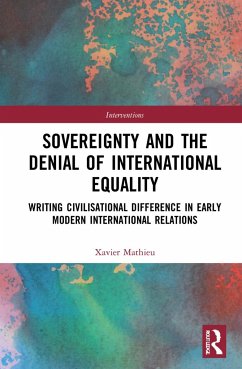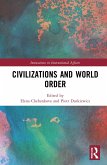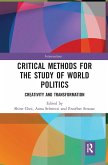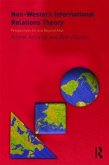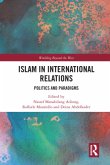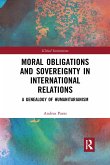This book asks whether sovereignty can guarantee international equality by exploring the discourses of sovereignty and their reliance on the notions of civilisation and savagery in two historical colonial encounters: the French explorations of Canada in the 16th century and the domestic troubles linked to the Wars of Religion.
Presenting the concept of 'civilised sovereignty', Mathieu reveals the interplay between the domestic and external claims to sovereignty, and offers a dynamic analysis of the theory and practice of the concept. Based on extensive archival research, this book provides an in-depth intellectual picture of the theory and practice of sovereignty in early modern France by focusing on the discourses deployed by French political theorists. Mathieu applies performativity in order to denaturalise these discourses of statehood and reveals how the domestic and international constructions of sovereignty feed into one another and equally rely on appeals to civilisation and savagery. Overall, the book questions the 'myth of sovereignty as equality' and reflects on the persistence of this association despite the overwhelming empirical evidence that it institutes international hierarchies and inequalities.
Representing a major intervention in the existing IR debates about sovereignty, this book will be a valuable resource for researchers working on issues of sovereignty and equality in IR.
Presenting the concept of 'civilised sovereignty', Mathieu reveals the interplay between the domestic and external claims to sovereignty, and offers a dynamic analysis of the theory and practice of the concept. Based on extensive archival research, this book provides an in-depth intellectual picture of the theory and practice of sovereignty in early modern France by focusing on the discourses deployed by French political theorists. Mathieu applies performativity in order to denaturalise these discourses of statehood and reveals how the domestic and international constructions of sovereignty feed into one another and equally rely on appeals to civilisation and savagery. Overall, the book questions the 'myth of sovereignty as equality' and reflects on the persistence of this association despite the overwhelming empirical evidence that it institutes international hierarchies and inequalities.
Representing a major intervention in the existing IR debates about sovereignty, this book will be a valuable resource for researchers working on issues of sovereignty and equality in IR.

